Last week dear friends of mine got married. They asked me to shoot behind the scenes. I was happy to oblige, even though I have no camera suited to such a job anymore. So I asked Bas to lend me back my old Canon EOS 1Ds II, which he did. Thank you Bas!
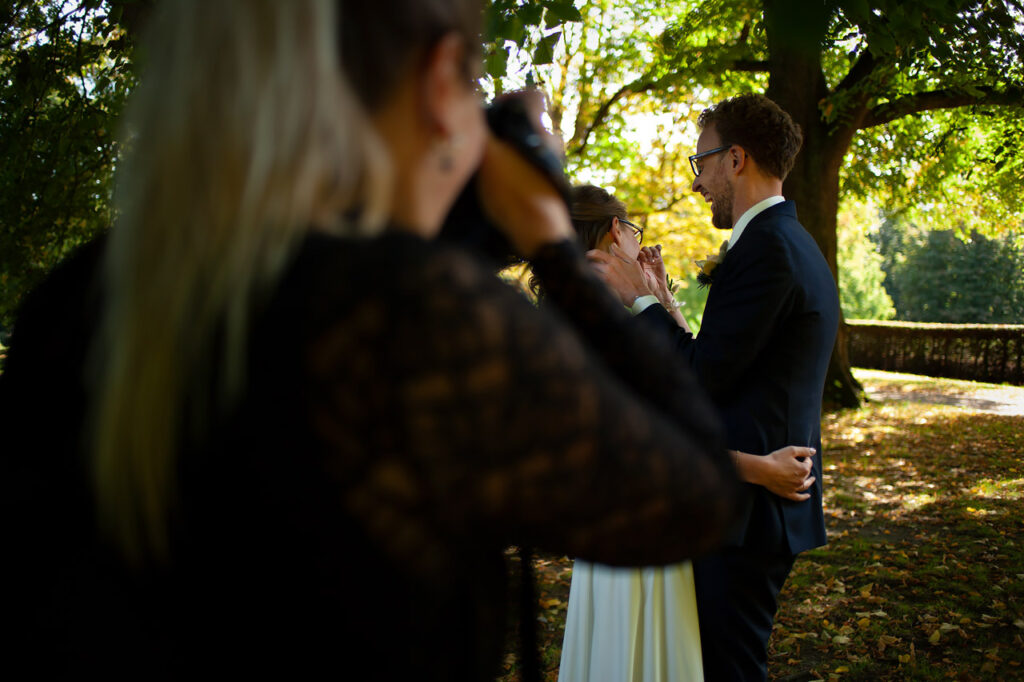
I know this is an old workhorse but what a delightful machine this is. Quick to respond to the shutter, well balanced and stable in my hands. Once my muscles remembered the button-hold + turn wheel pattern the EOS 1-series (at least upto the mark II) uses everything went smooth. I used my favourite lens on it, the cheap 35 mm f/2, in manual focus mode of course.
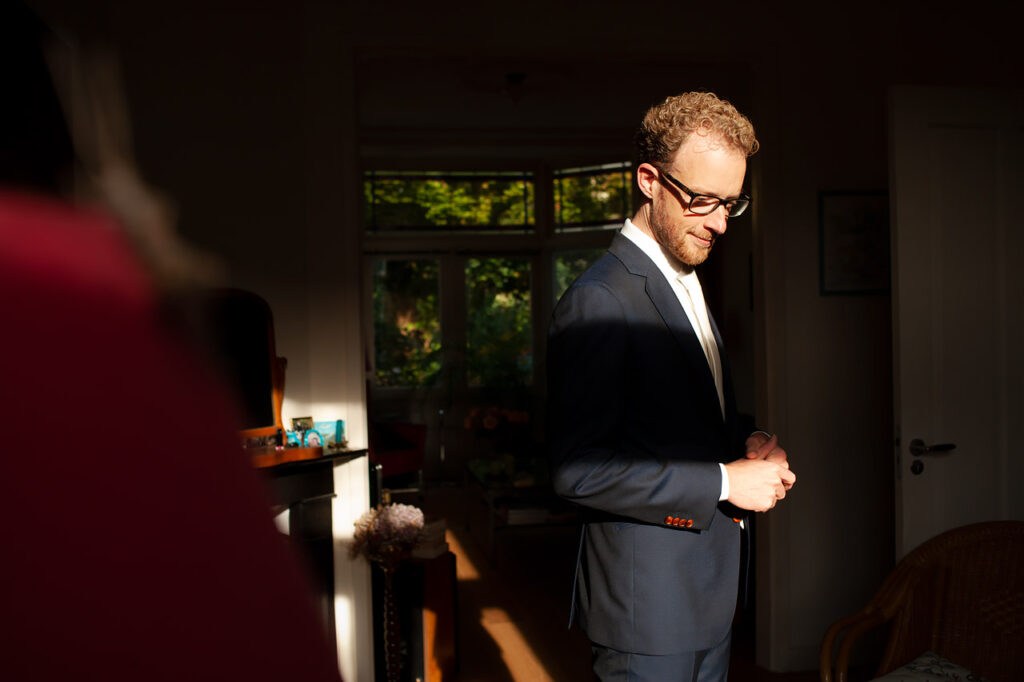
What’s so great about the Canon EOS 1 Ds mark II?
- Excellent matte screen standard combined with an excellent prism make for a clear and rather large view through the viewfinder.
- Very short blackout during mirror up, makes it easier to follow the action while taking pictures.
- Not too bulky (smaller than a 5 series + grip) but very solid.
- Full frame sensor has enough dynamic range and colour depth to get excellent photographs from.
- Good user interface once you get accustomed to it, even with the DOF-preview button in the right spot (right of the lens mount) unlike all other EOS models.
- Long battery life.
What’s less great about the 1Ds II:
- Batteries are nowadays getting harder to come by.
- It does not offer a gazillion ISO or megapixels.
- No big screen nor video mode.
Regarding the user interface
Even though my opinion is favourable regarding the EOS 1Ds II, and I stand by its pros regarding image quality, response to commands and solid build, there are a couple of things I dearly miss that I have found at other brands:
- Mirror up using a button (in stead of buried deep in the menu).
- Direct card formatting using a three-button-combination (in stead of buried deep in the menu).
- Second curtain synchronization also with the standard flash connections, not only with proprietary flashes.
- Nikon-style light switch integrated in the on/off button, this is much more intuitive in dark surroundings than fumbling for one of three identical buttons on top of the camera.
Conclusion
These old machines are still capable. You as a photographer are in charge of the images that come out of the camera. The EOS 1 Ds II was a state of the art digital camera when it was introduced and subsequently used by many professional photographers to create stunning images. There is no reason it could not do the same today in my humble opinion. The CMOS sensor with 16.7 megapixels and the electronics behind it are still very good. The body feels and acts as you would expect from a current professional camera, except the screen (which is tiny and fixed). It certainly is a joy to use once you master its slightly quirky interface.
I only sold the Canon because I wanted an even larger sensor which became sort of affordable as the Pentax 645D suffered its first price-drop.
Specifications according to Canon (they should know): https://global.canon/en/c-museum/product/dslr787.html
To see what the EOS 1Ds mark II can (still) do I’d like to finish this post with some photographs used in mainstream publications (either full page in a magazine or as a poster). These were all shot using the 1Ds II:
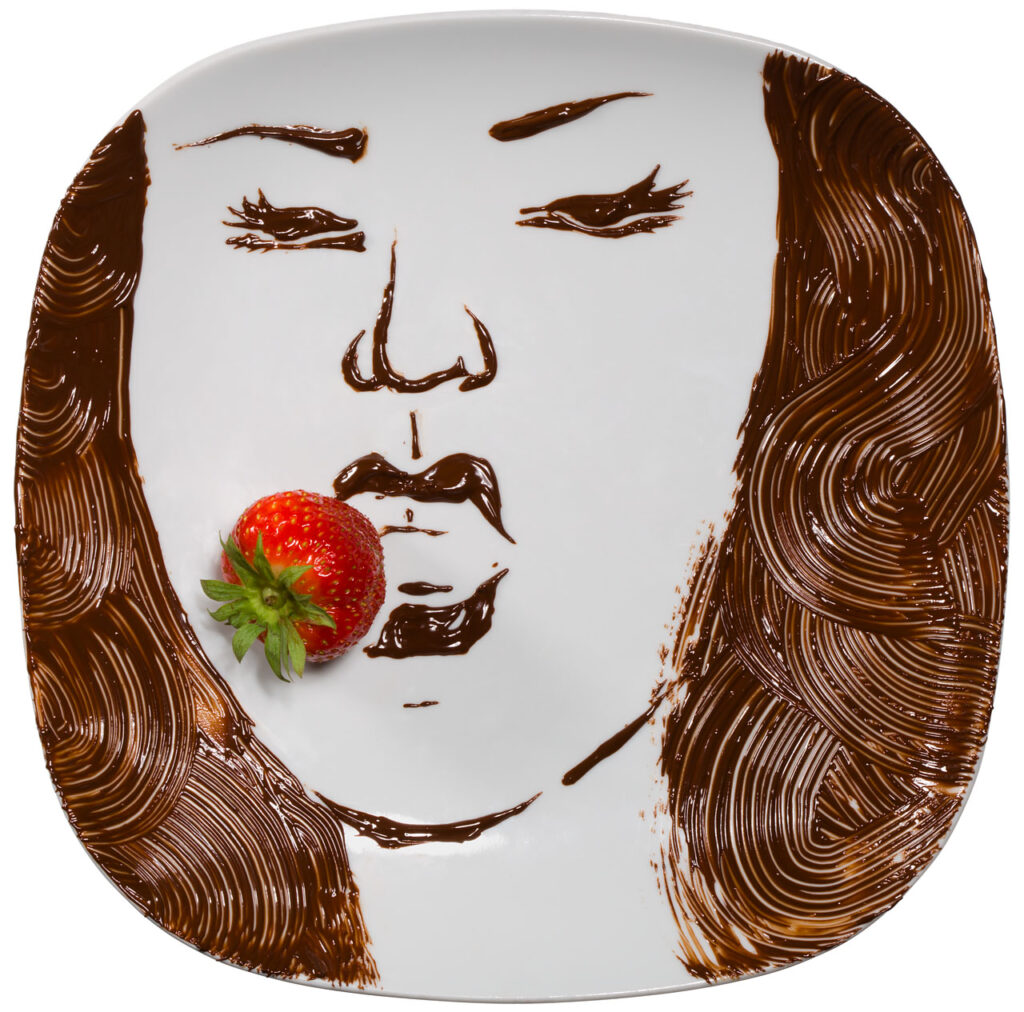
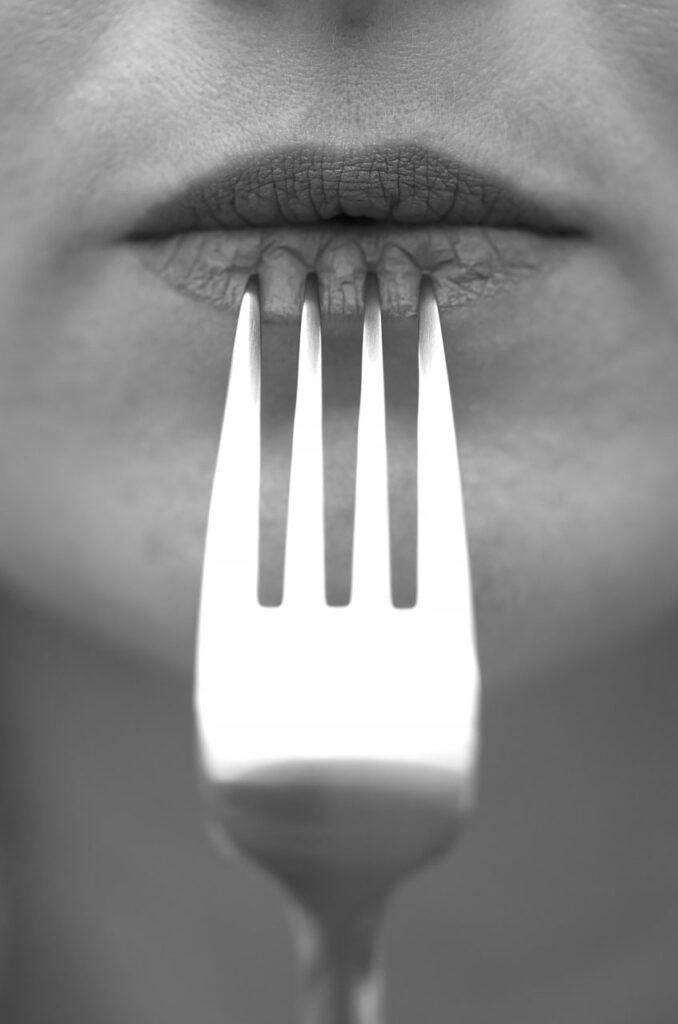

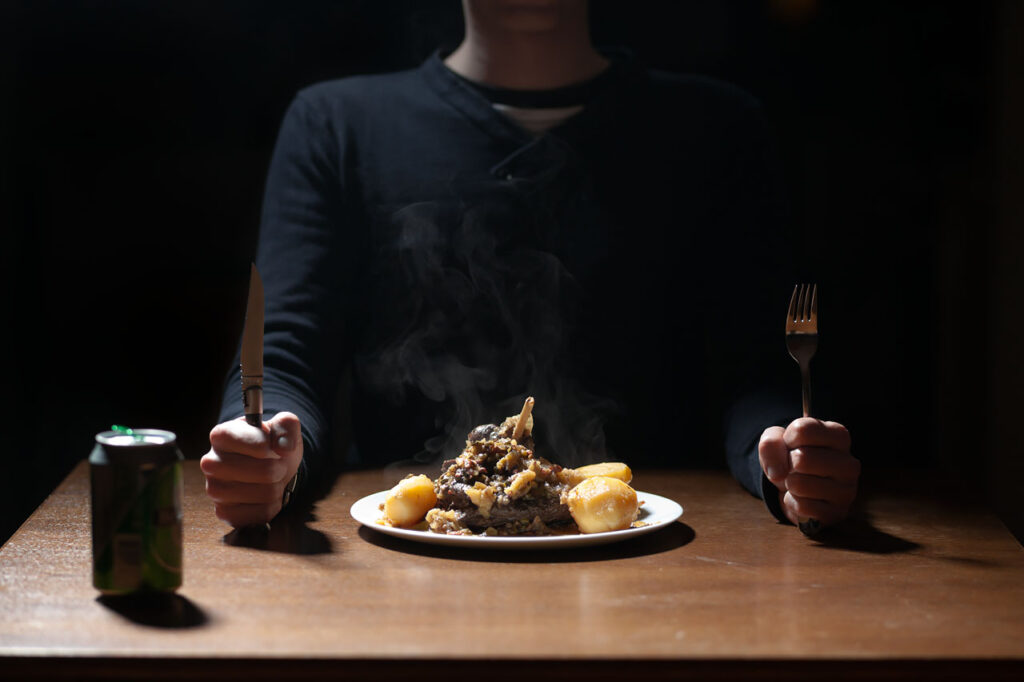
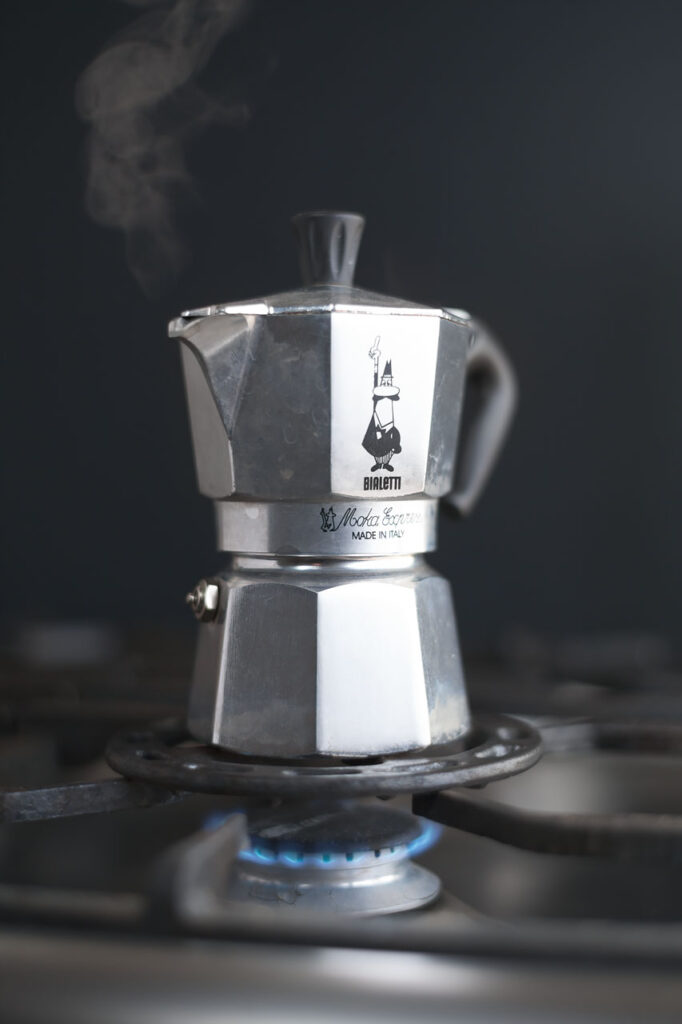
A bit belated but you’re quite welcome! Don’t aks me why but somehow I’ve completely missed this installment…
Hi, I was a professional for many years and used my Canon 1ds Mkll from 2005 until I retired in 2015. I loved this camera and never let me down (still use it today) and gave me a feeling of security. As a photographer that was brought up using film the small screen never bothered me as I only used it for mirror lock up, or formatting my card. I will always remember this camera with true affection and will continue to use it until either me or the camera finally pack up.
Cameron
Nice camera!
After looking for it for a long time, I finally have a 1Ds II, I use it with my Takumar lenses and it is wonderful.
Thanks for your review
Gerardo, I picked up a “new to me” 1Ds Mark II a few days ago and can’t get it to function properly using an Olympus OM mount lens on a Kent Faith OM-EOS adapter in Av mode. My 5D works perfectly with the same setup without locking up and displaying “err” on the display…
Problem solved! Unlike my 5D, the EOS 1D/Ds series bodies have a microswitch on the body’s lens mount which forces the body to look for EF lens electrical signals to function properly. By simply changing the contour of the lens flange mounting ear (nearest the shutter button) by 2mm, adapted lens function is restored. Kent Faith (K&F) is incorporating this change into it’s current generation EOS adapters…
Thank you so much for getting back on this with some valuable information. Have fun using these classic lenses on your also pretty classic (and classy) EOS 1Ds mark II 😀
Good to see people still using these classic 1D series cameras – I have had a 1Ds for about a year now and have been using a manual Nikkor lens with an adapter – The only annoyance is the dark viewfinder image when shooting stopped down – I have ordered a 24-70 f/2.8 (2002 model) which I’m hoping will work well with the 1Ds – love the ergonomics and menu layout of the 1Ds (even the 2 button press for adjustments which some are not keen on)